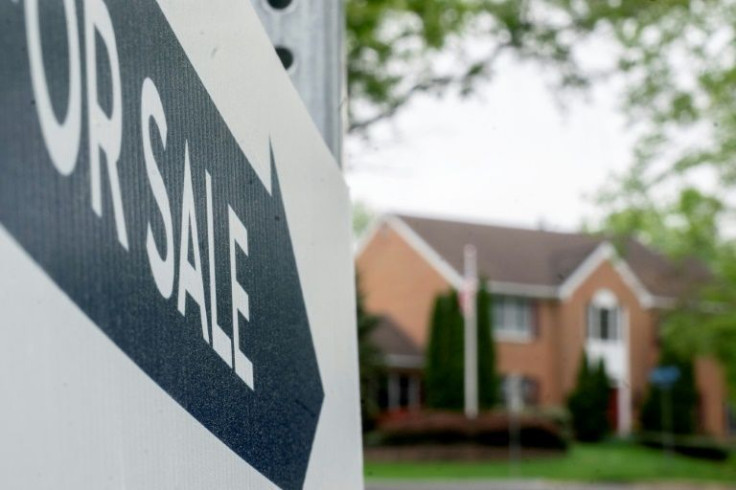Mortgages Rates Sink But Demand Is Slow To Follow Over Recession Fears

Mortgage rates saw a decline in the last week as the wider market continued to reorient itself to an uncertain world of tighter monetary policy and looming recessionary risks. Despite this decrease, demand for mortgages has continued to fall.
On Wednesday, the Mortgage Bankers Association (MBA) released its latest data showing mortgage applications decreased 5.4% from last week, even after taking into account the holiday adjustment for Independence Day. At the same time, the average interest rate on a 30-year fixed-rate mortgage decreased slightly from 5.84% to 5.74%.
For weeks, the deterioration of demand in the housing market had to do with imbalanced supply and demand, driven by low housing inventory against surging demand. But the fears of a wider economic downturn are leaving buyers cautious about stepping in to take advantage of lower mortgage rates, said Joel Kan, MBA’s Associate Vice President of Economic and Industry Forecasting.
“Mortgage rates decreased for the second week in a row, as growing concerns over an economic slowdown and increased recessionary risks kept Treasury yields lower," Kan said in a statement. "Rates are still significantly higher than they were a year ago, which is why applications for home purchases and refinances remain depressed."
MBA's Refinance Index fell by 8% in the last week and was found to be 78% lower than it was at the same point last year. According to its data, the refinance share of mortgage activity also fell slightly from 30.3% to 29.6% in the last week.
Throughout last year, the U.S. housing market rebounded sharply from the downturn experienced in 2020 when the COVID-19 pandemic arrived and the supply of available homes lagged behind surging demand. Complicating the situation was a pre-existing labor shortage in the construction sector and supply chain issues with construction materials driving prices higher nationwide.
But with inflation continuing on its upward trajectory, the Fed has acted to correct the course. Since March, the central bank has raised interest rates three separate times with the most recent hike in June bringing rates up by their highest amount since 1994.
After announcing the latest rate hike, Fed Chairman Jerome Powell acknowledged that the housing market was softening in response to the higher mortgage rates that came with the Fed’s choices. Powell conceded that he did not yet know what the total impact rising interest rates would have on housing prices or residential investment in the market, but he described it as still remaining "very tight."
“We need to get back to a place where supply and demand are back together, and where inflation is down low again and mortgage rates are low again," Powell told reporters.
© Copyright IBTimes 2024. All rights reserved.





















